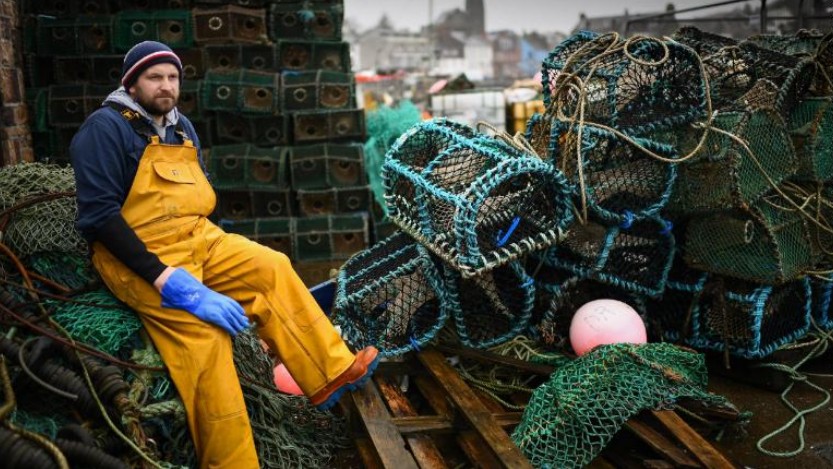Andy Trust has been exporting fish from Cornwall to continental Europe for 20 years. However, the past 7 weeks have given him cause to contemplate shutting down the entire European operation of his fish merchants, Ocean Harvest. “The cost of sending fish into Europe has more than trebled. In an industry that operates on thin profit margins, it could destroy British fishing,” he says.
Since leaving the EU Single Market and Customs Union, British exporters have struggled with new trade barriers. All of this is a direct result of the UK’s policy decision to leave the EU’s single market and customs union.
For companies who built their businesses on unfettered access to that market, these barriers – put up virtually overnight and with little warning – have had big consequences. And while it could be argued that these companies had years to prepare for Brexit, the post-Brexit trade deal was only agreed on December 24 and came into force on January 1.
Under these circumstances, you’d expect a government to be doing everything in its power to help struggling businesses. However, Boris Johnson has called the difficulties no more than “teething problems.”
“Only some of the issues we are seeing at present could be legitimately described as ‘teething problems,’” says Adam Marshall, director of the British Chambers of Commerce. “Yes, some firms are facing adjustment … But others are seeing their entire business model up-ended, and their ability to trade successfully undermined.”
If the current situation sounds dire, some believe it will get worse. Withers points out that controls on EU food imports are due to start in April and that stockpiles are being depleted.

Comments
No comments yet. Be the first to react!